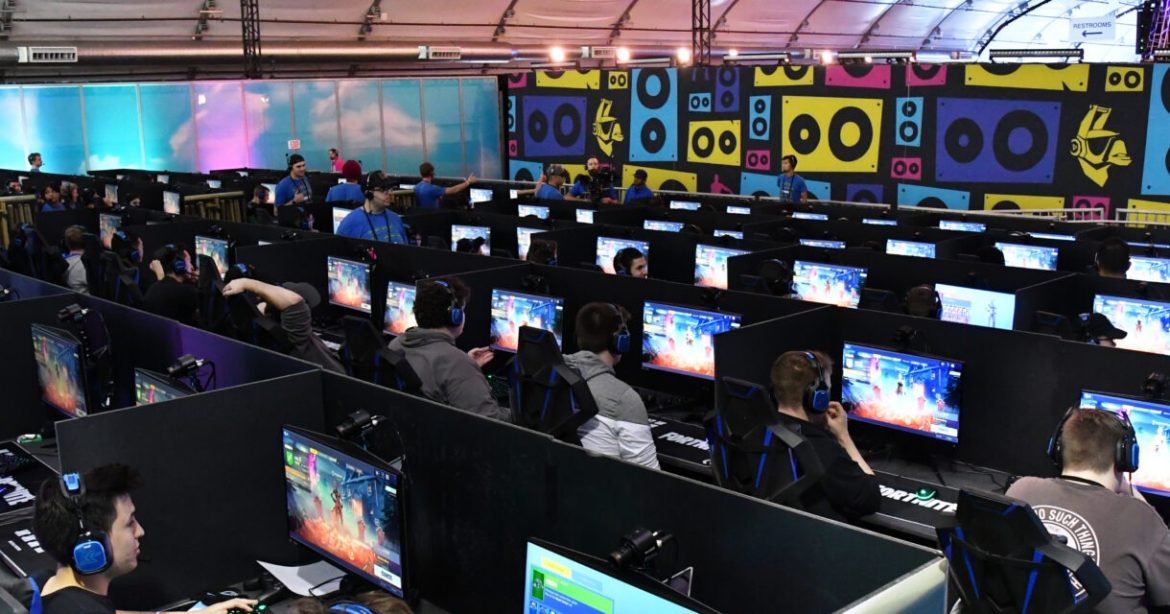Esports, once considered a niche market, has evolved into a global phenomenon with a massive following and significant economic impact. While competitive gaming remains at the core of esports, the industry is expanding beyond traditional tournaments and competitions. In this article, we will explore the various facets of esports expansion, including emerging trends, new revenue streams, and opportunities for growth.
The Rise of Esports Ecosystem
Diversification of Content
One of the key drivers behind esports expansion is the diversification of content offerings. In addition to competitive matches, esports organizations are investing in content creation, including live streaming, documentaries, podcasts, and educational videos. This diversified content attracts a broader audience beyond hardcore gamers, catering to casual gamers, fans of esports personalities, and even non-gaming enthusiasts.
Expansion into Non-Gaming Industries
Esports organizations are increasingly branching out into non-gaming industries, forming partnerships and collaborations with companies in sectors such as fashion, music, food and beverage, and entertainment. These collaborations help esports brands reach new audiences and generate additional revenue streams through merchandise sales, brand sponsorships, and licensing agreements.
Opportunities for Brand Engagement
Sponsorship and Brand Partnerships
As the esports audience continues to grow, brands are recognizing the value of sponsoring esports events and teams as a way to reach a highly engaged demographic. Esports sponsorships offer brands unique opportunities for targeted marketing, product placement, and brand activation, both online and offline. From apparel brands sponsoring esports jerseys to energy drink companies partnering with esports tournaments, the possibilities for brand engagement in esports are vast and diverse.
Virtual Events and Experiences
With the rise of online gaming platforms and virtual reality technology, esports organizations are exploring new ways to engage fans through immersive virtual events and experiences. Virtual concerts, meet-and-greets with players, and interactive fan experiences are just a few examples of how esports organizations are leveraging technology to create memorable experiences for their audience. These virtual events not only provide opportunities for fan engagement but also open up new revenue streams through ticket sales, merchandise purchases, and virtual sponsorships.
Challenges and Considerations
Maintaining Authenticity and Integrity
As esports expands into new territories and industries, maintaining authenticity and integrity becomes increasingly important. Esports organizations must strike a balance between commercial interests and the core values of the esports community, ensuring that partnerships and collaborations align with the interests of players and fans. Transparency, open communication, and ethical business practices are essential for building trust and credibility within the esports ecosystem.
Regulatory and Legal Frameworks
As the esports industry matures, regulatory and legal frameworks are evolving to address issues such as player contracts, intellectual property rights, and gambling regulations. Esports organizations must stay informed about relevant laws and regulations in each region where they operate and ensure compliance with applicable standards and requirements. Proactive engagement with policymakers, industry associations, and legal experts can help esports organizations navigate regulatory challenges and mitigate legal risks effectively.
Conclusion
The expansion of esports beyond competitive gaming presents exciting opportunities for growth, innovation, and collaboration across industries. By diversifying content offerings, forging strategic partnerships, and embracing emerging technologies, esports organizations can engage new audiences, create memorable experiences, and drive sustainable growth in the dynamic world of esports. As the industry continues to evolve, adaptability, creativity, and a commitment to community values will be key to unlocking the full potential of esports expansion.

